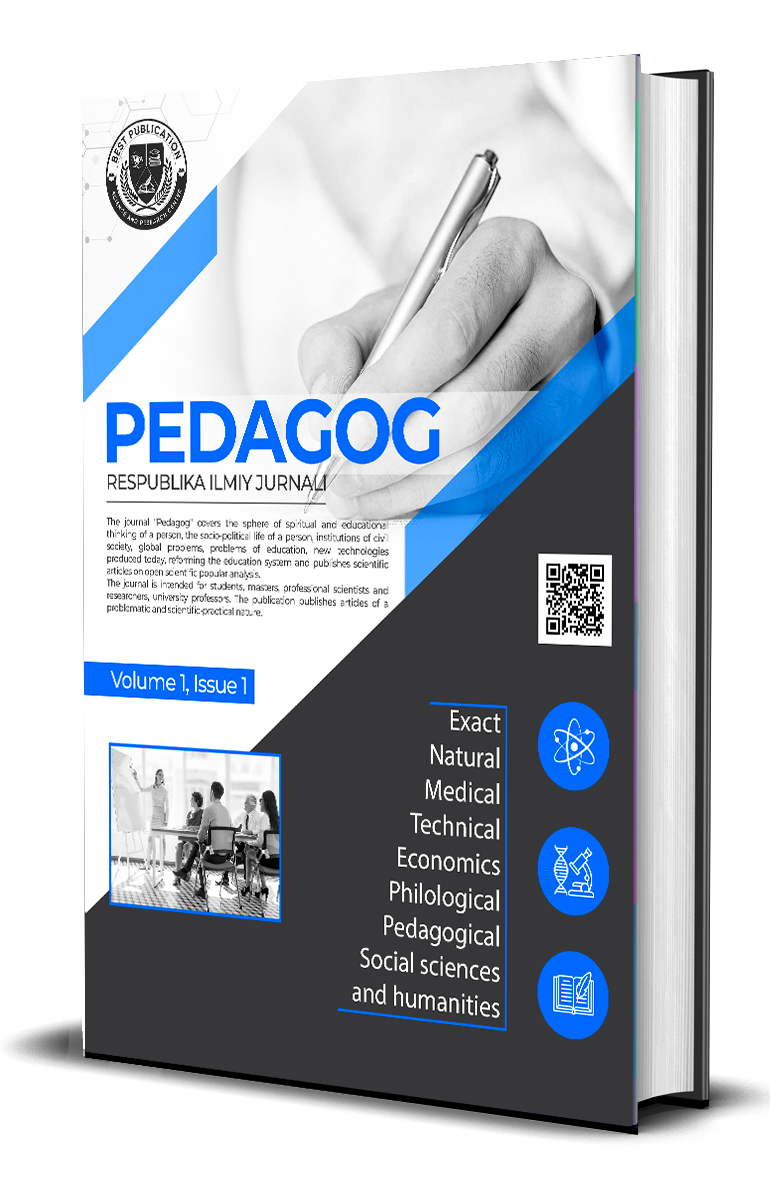THE USE OF LEGAL AND PSYCHOLOGICAL METHODS IN EDUCATING A WELL-ROUNDED PERSONALITY
Abstract
In the era of globalization and social transformation, shaping a well-rounded, socially responsible personality has become a strategic objective for modern states, including Uzbekistan. The integration of legal and psychological methods in education contributes to the development of individuals capable of critical thinking, ethical decision-making, and social harmony. This paper explores theoretical and practical approaches to personality formation through legal and psychological frameworks. Drawing on both classical thinkers and contemporary psychologists such as Carl Rogers, Albert Bandura, Daniel Goleman, and Erik Erikson, the study highlights the importance of socio-psychological mechanisms in fostering lawful and moral behavior in society.
References
• Bandura, A. (1977). Social Learning Theory. Englewood Cliffs, NJ: Prentice-Hall.
• Beruni, A. R. (1048/1973). The Chronology of Ancient Nations. London: Luzac & Co.
• Erikson, E. H. (1963). Childhood and Society (2nd ed.). New York: Norton.
• Farabi, A. (1998). The Virtuous City. Beirut: Dar al-Mashreq.
• Fisher, R. P., & Geiselman, R. E. (1992). Memory-Enhancing Techniques for Investigative Interviewing: The Cognitive Interview. Springfield, IL: Charles C. Thomas.
• Goleman, D. (1995). Emotional Intelligence: Why It Can Matter More Than IQ. New York: Bantam.
• Lewin, K. (1936). Principles of Topological Psychology. New York: McGraw-Hill.
• Rogers, C. R. (1961). On Becoming a Person: A Therapist’s View of Psychotherapy. Boston: Houghton Mifflin.
• Seligman, M. E. P. (2002). Authentic Happiness: Using the New Positive Psychology to Realize Your Potential for Lasting Fulfillment. New York: Free Press.
• Ergashev, G‘. (2005). Umumiy psixologiya [General Psychology]. Tashkent: O‘zbekiston Milliy Universiteti nashriyoti.




